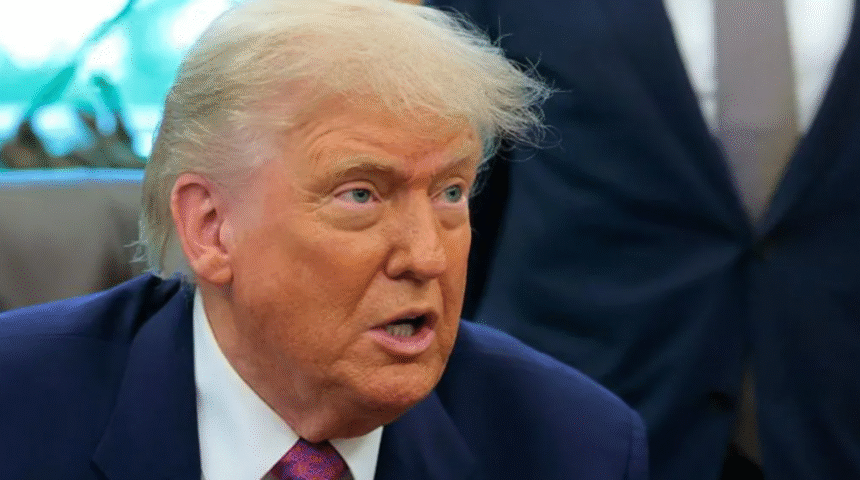U.S. President Donald Trump has sparked a storm of controversy with a new national project that aims to collect and unify every American citizen’s personal data into a single centralized system.
Promoted in the name of administrative efficiency, the controversial system has been compared to China’s heavily criticized social credit model.
The plan, described as a way to “tear down bureaucratic silos,” includes personal data from tax records, healthcare, education, banking, and employment—effectively building a complete profile of every individual. Despite its reformist tone, the project has drawn sharp criticism due to serious concerns over privacy and civil liberties.
In this context, strong warnings have been issued about the creation of a “surveillance state”, with many conservative voices viewing the initiative as a dangerous step toward authoritarianism.
Although Democrats are in the minority in Congress, their response has been fierce. Several courts have temporarily blocked implementation. However, early signals from the Supreme Court suggest that legal obstacles may not be long-lasting.
Public alarm intensified after revelations of a prior data-sharing agreement with Elon Musk’s company “Doge”. Although the agreement was later revoked, federal agencies have continued requesting sensitive data—including from the 42 million recipients of food stamps.
In an unusual twist, the loudest critics are not only liberals. Conservative figures like the Hodgetwins, The Patriot Voice, and Nick Fuentes have branded the project a “betrayal of freedom,” while former Congressman Justin Amash warned that this could mark “the end of privacy and the beginning of a new era of control.”
The White House insists the goal is to protect taxpayers and curb illegal immigration, especially in states where federal aid is suspected of being misused.







